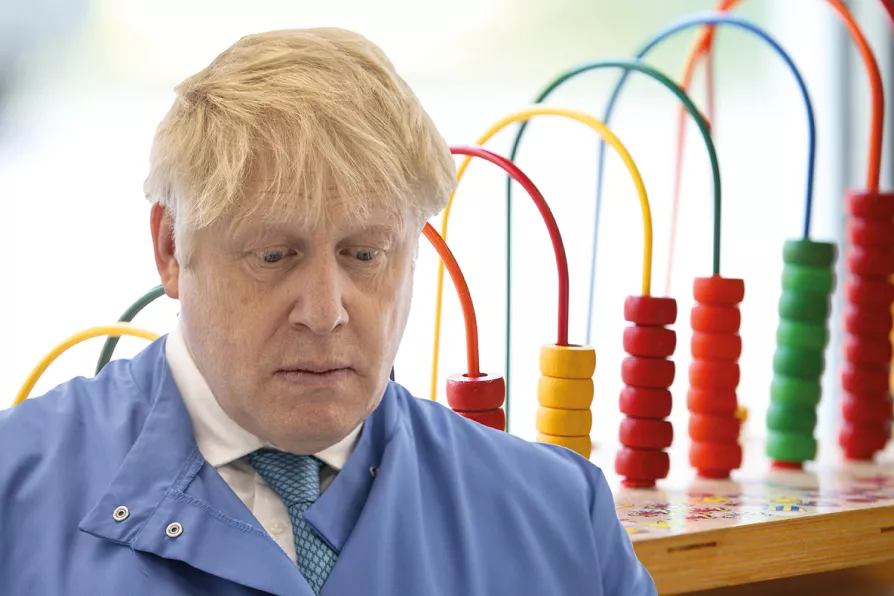As the RMT Health and Safety Conference takes place, the union is calling for urgent action on crisis of work-related stress, understaffing and the growing threat of workplace assaults. RMT leader EDDIE DEMPSEY explains


IF you won’t say what’s broken, you won’t be able to fix it. On that principle, the government is not going to get a better grip on the Covid-19 crisis.
Just before Matt Hancock announced his latest reorganisation of test-and-trace, his department put out a press release saying: “NHS Test and Trace service results in line with the recognised metric of success for contact-tracing services across the world.”
So the system to chase the virus is working well. The Department for Health liked this factlet so much they said it twice. The same press release added that the contact-tracing service “is reaching over 79 per cent of all those who test positive, and 83.4 per cent of their contacts where contact details were provided, which is in line with the recognised metric of success for contact-tracing services across the world.”

Ben Chacko talks to RMT leader EDDIE DEMPSEY about how the key to fixing broken Britain lies in collective sectoral bargaining, restoring unions’ ability to take solidarity strike action and bringing about the much-vaunted ‘wave of insourcing’














